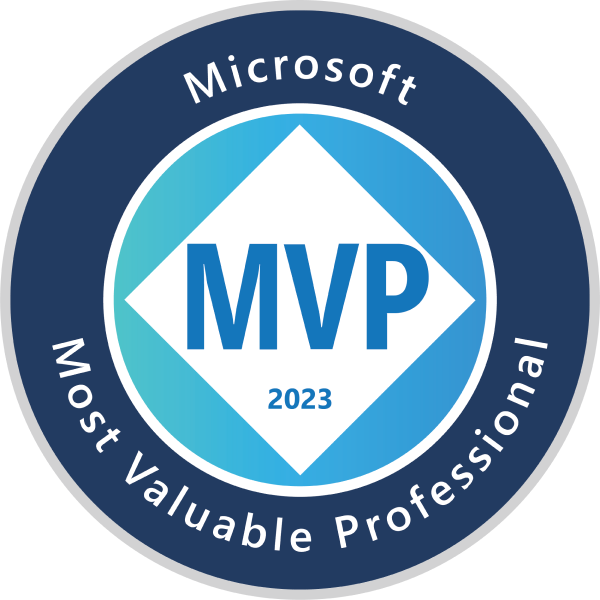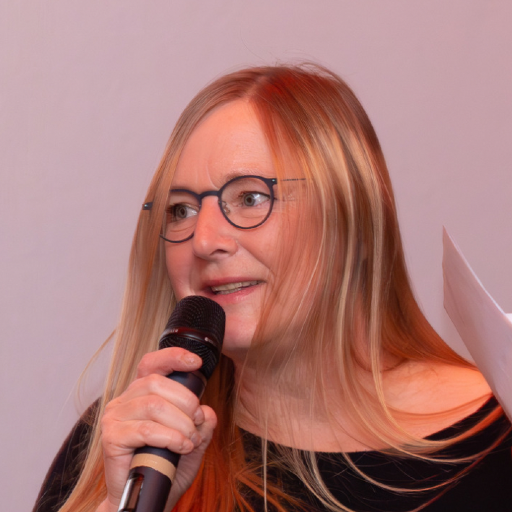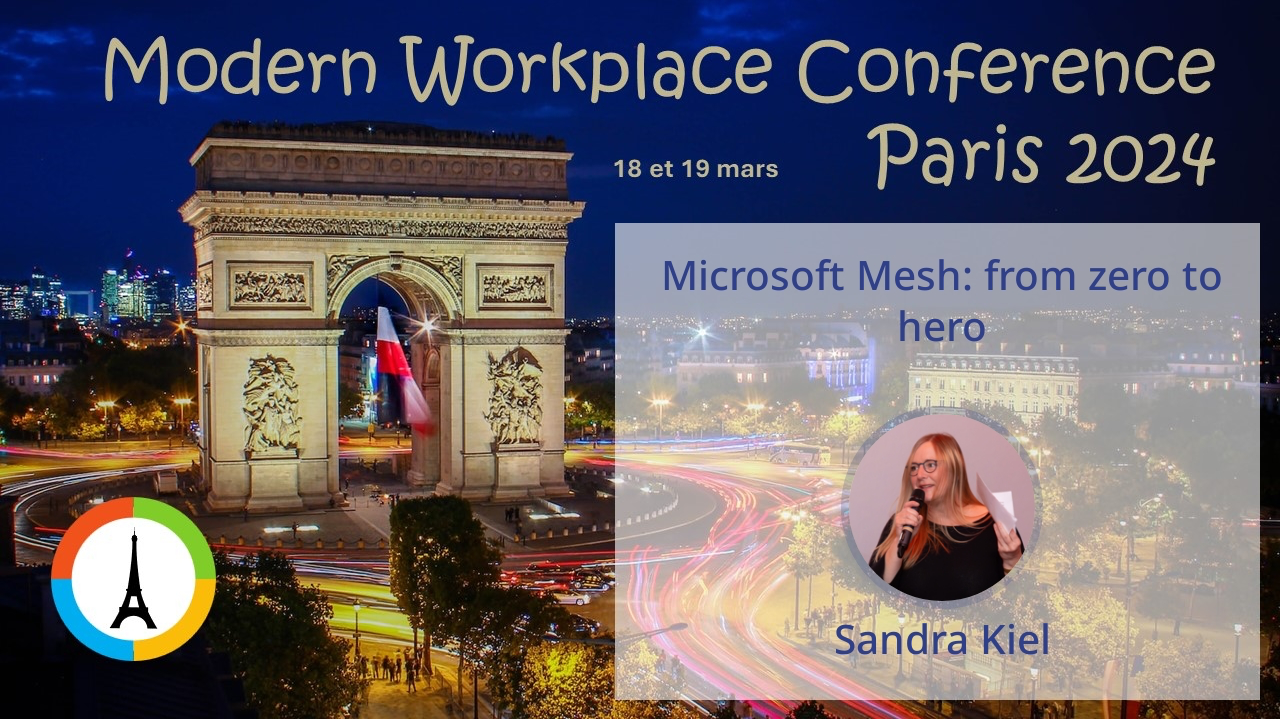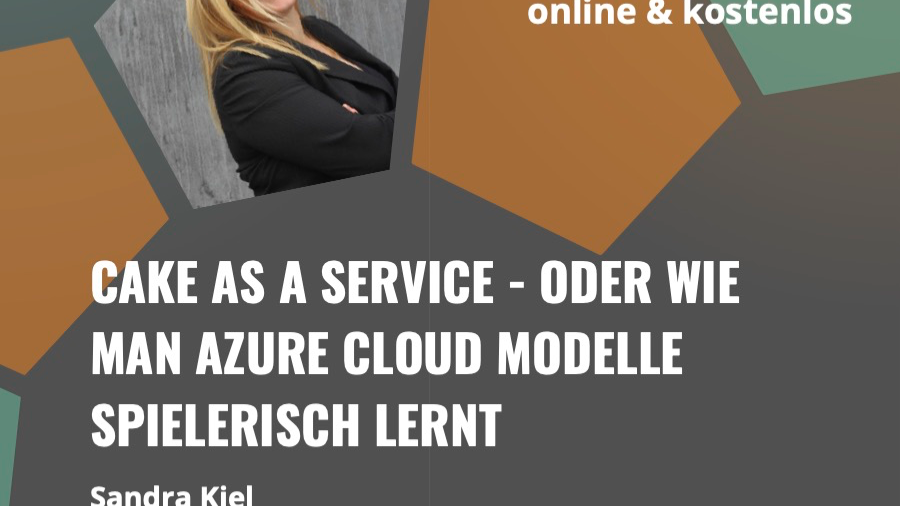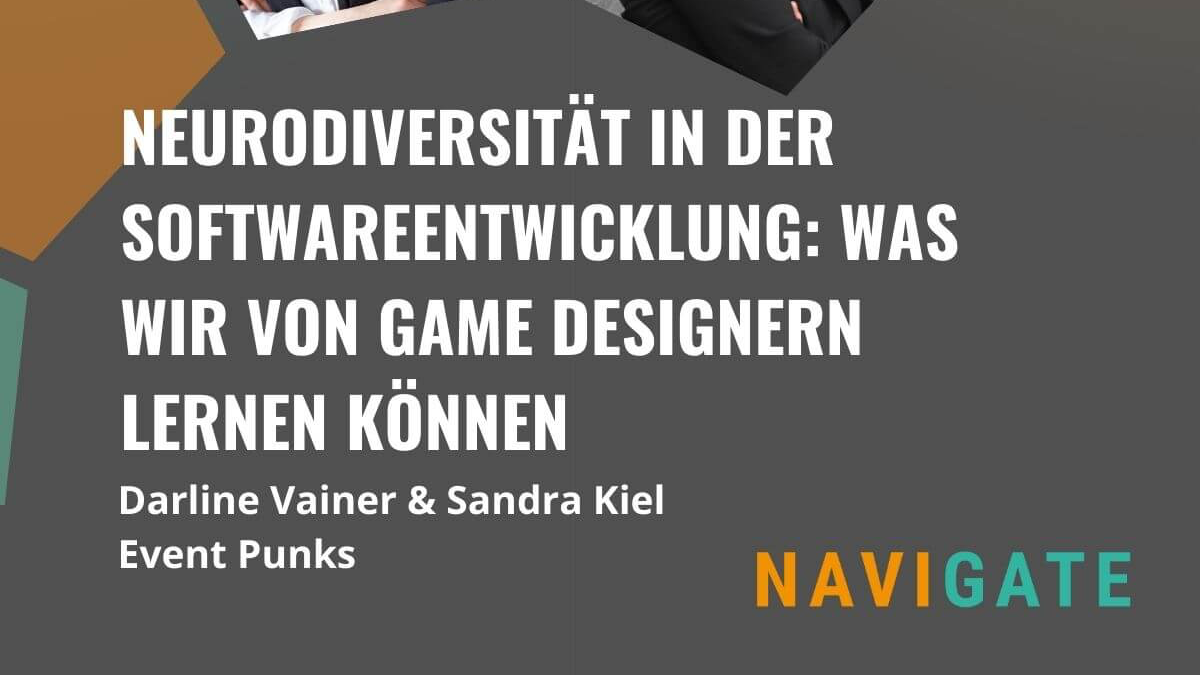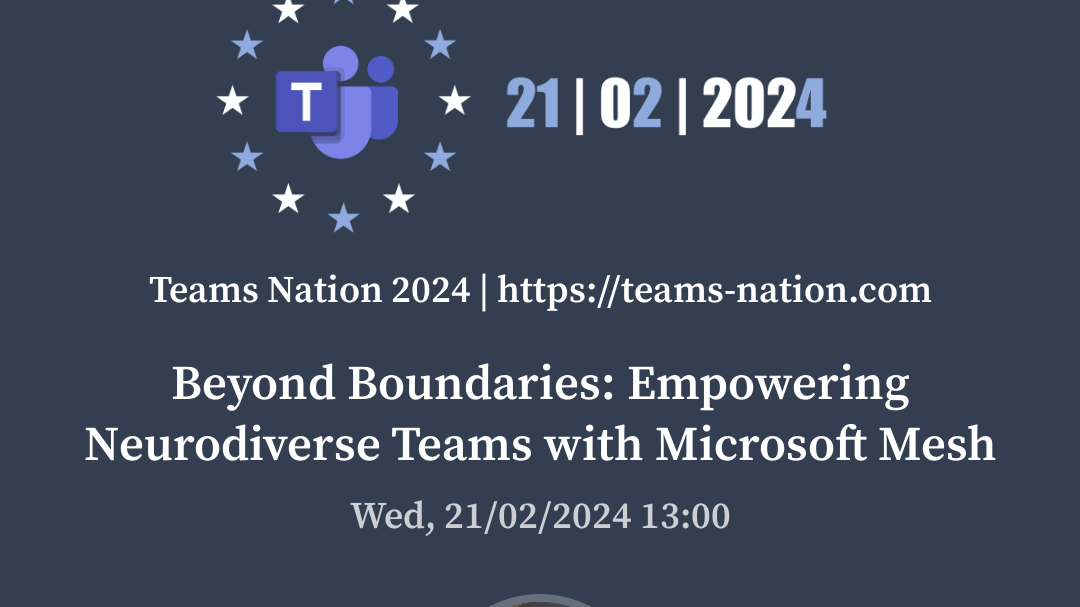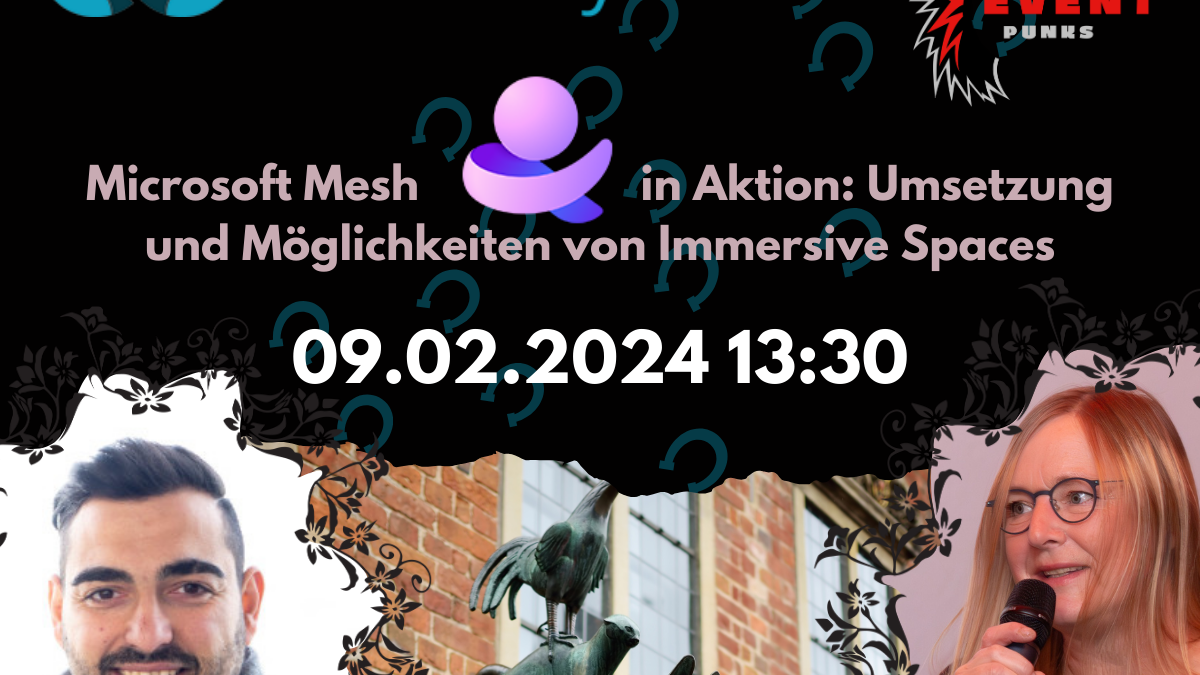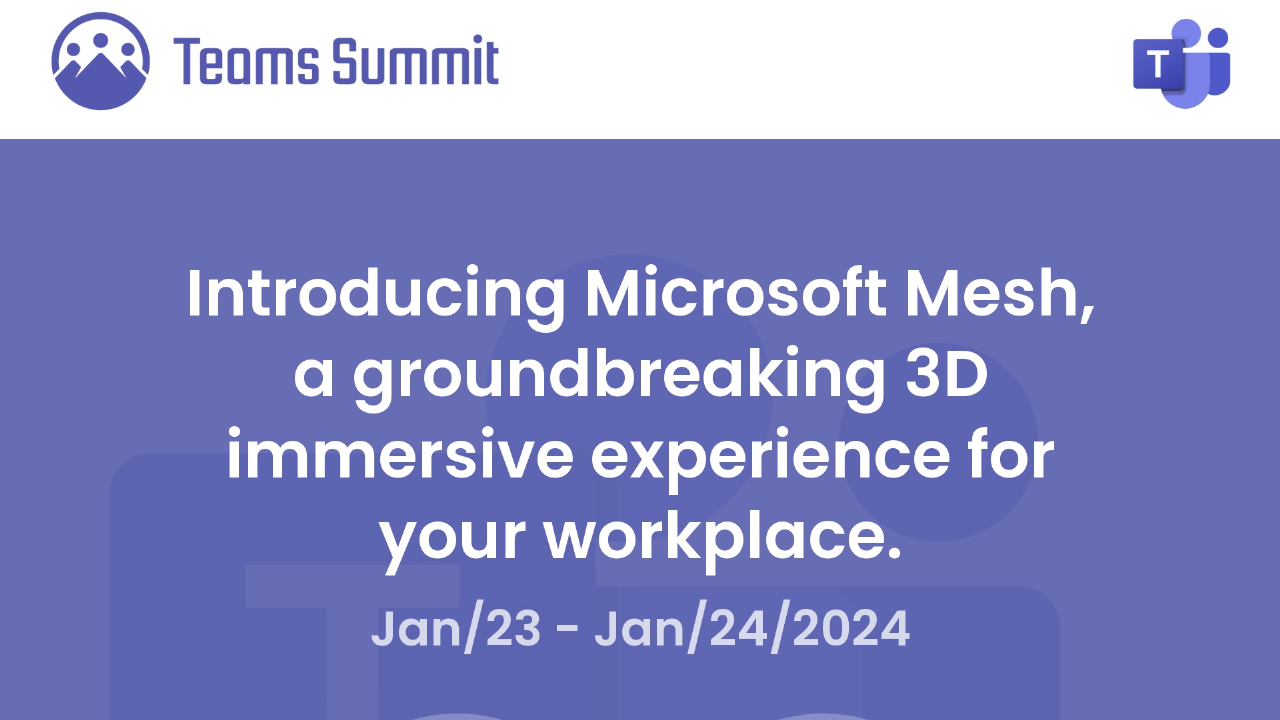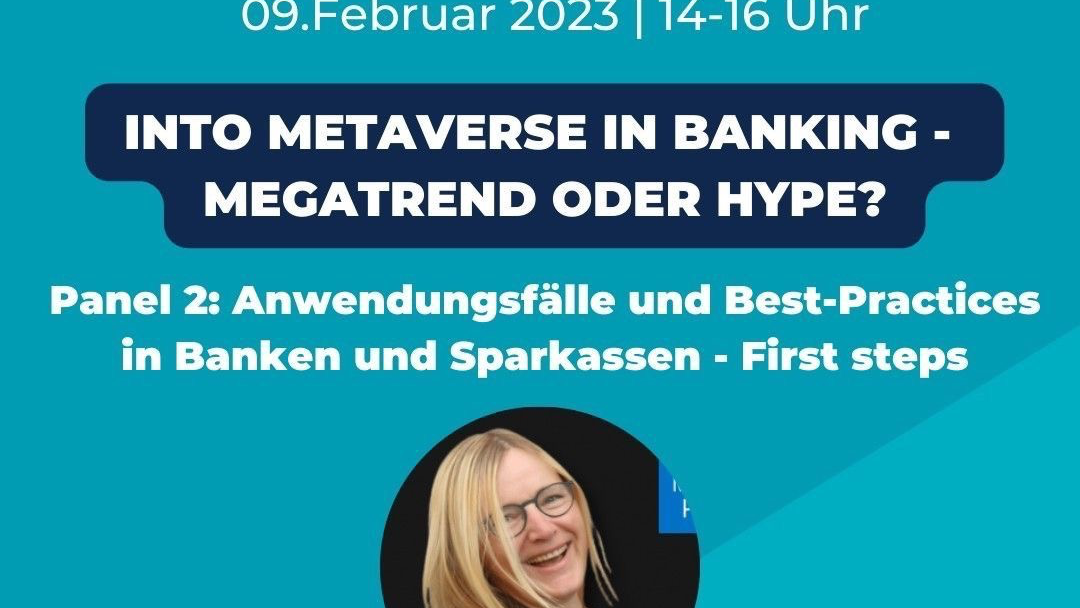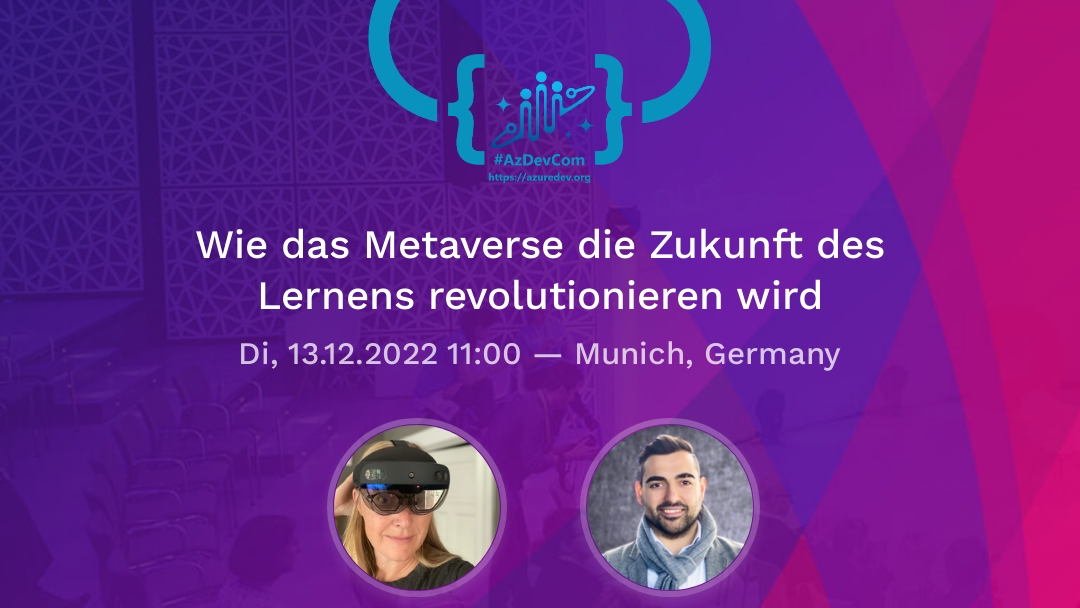Session Abstract
About one in 8 people is considered neurodiverse, and this number is even higher in technology-related companies. This makes it all the more important to create a diverse and inclusive working environment that enables all employees to perform their tasks in the best possible way. In this session, we will explore how Microsoft Mesh can support teams in integrating and promoting the unique talents and perspectives of neurodiverse individuals. We will demonstrate how the 3D immersive communication and personalized space design of Microsoft Mesh create a more inclusive work environment that considers diverse neurological needs. We will present practical examples and case studies illustrating the benefits of this technology in supporting neurodiverse teams. The aim of this session is to foster a deep understanding of how technology can serve as a catalyst for inclusion and diversity, especially in a professional environment that increasingly relies on remote work and digital collaboration. We aim to stimulate a discussion that goes beyond conventional approaches and shows new ways to integrate neurodiverse talents into the workplace. This session is ideal for executives, HR professionals, team leaders, and anyone interested in the intersection of technology, teamwork, and inclusion.
Sandra Kiel
I’m Sandra Kiel – gamer, Playpreneur and founder of Event Punks. I help organisations turn dry, complex topics into playful experiences: from gamified Power Apps and Copilot adoption journeys to learning quests in Microsoft 365 and Gaming Platforms like Minecraft. My heart lives where people, play and technology meet. I work with game design principles, storytelling and UX to make change, learning and new tools feel less scary and more human. As an introvert, a mum and a non-native English speaker, I don’t fit the classic “loud tech speaker” stereotype – and I’m totally fine with that. On stage, I share real-world projects, honest lessons and practical patterns teams can reuse the next day. My talks are for people who want less buzzword bingo and more concrete ideas on how to bring play, curiosity and adoption into their everyday work.
